Will Ukrainian refugees be housed in oligarch mansions?
Michael Gove suggests seized properties could be used for ‘humanitarian purposes’
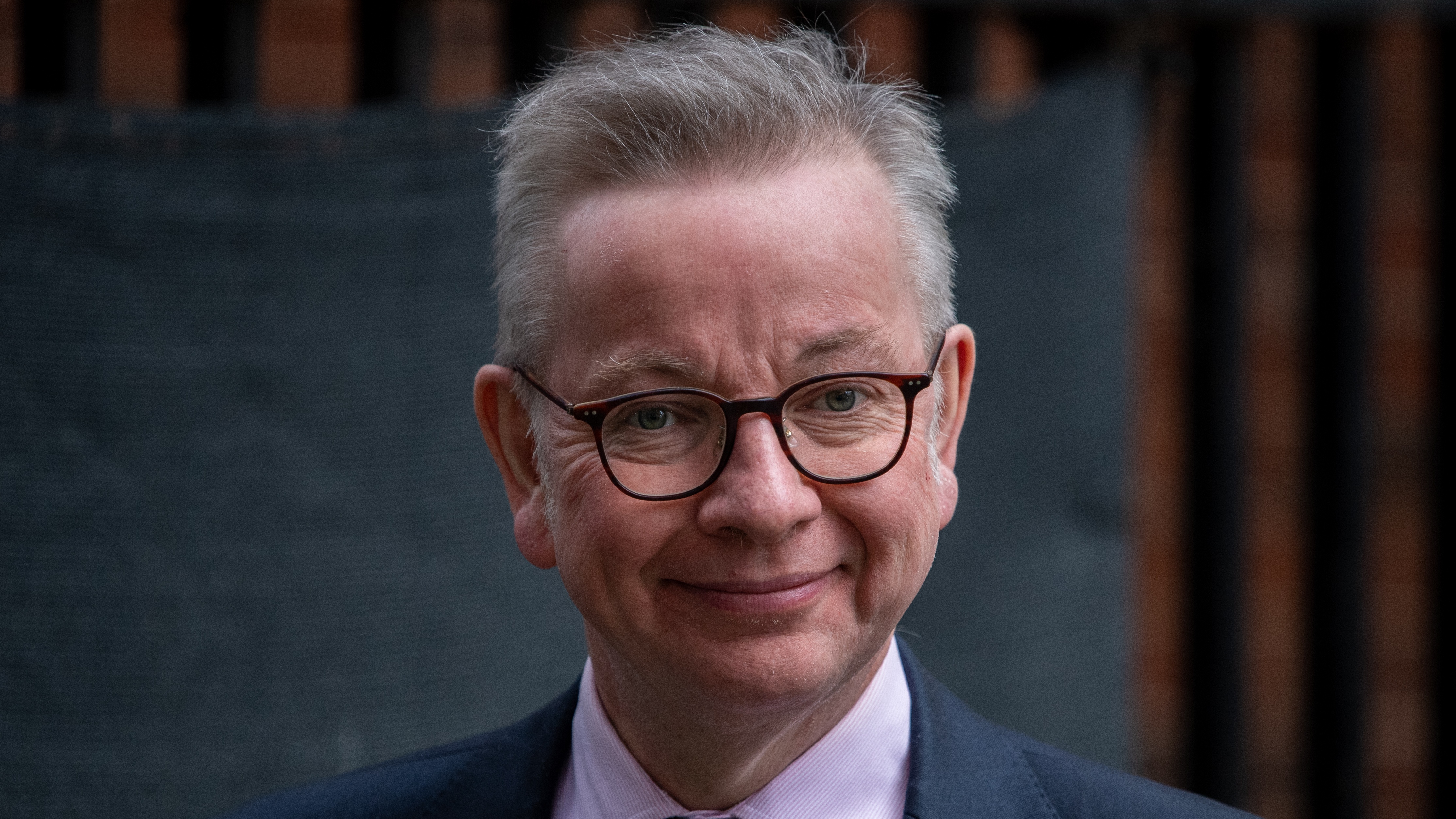
A free daily email with the biggest news stories of the day – and the best features from TheWeek.com
You are now subscribed
Your newsletter sign-up was successful
Cabinet minister Michael Gove has suggested that Ukrainian refugees are housed in the properties of sanctioned Russian oligarchs.
The secretary of state for levelling up, housing and communities said he wants to “explore an option” that would allow the government to use the mansions of ultra-wealthy Russians for “humanitarian purposes”, such as housing Ukrainian refugees fleeing the war.
But Gove’s plan is reportedly being “blocked” by officials at the Treasury and the Foreign Office who believe it is “not legally workable”, said The Independent.
The Week
Escape your echo chamber. Get the facts behind the news, plus analysis from multiple perspectives.

Sign up for The Week's Free Newsletters
From our morning news briefing to a weekly Good News Newsletter, get the best of The Week delivered directly to your inbox.
From our morning news briefing to a weekly Good News Newsletter, get the best of The Week delivered directly to your inbox.
Speaking to the BBC’s Sunday Morning programme, Gove said: “I want to explore an option which would allow us to use the homes and properties of sanctioned individuals – as long as they are sanctioned – for humanitarian and other purposes.”
But he admitted there was “quite a high legal bar to cross and we’re not talking about permanent confiscation”.
“We are saying: ‘You’re sanctioned, you’re supporting Putin, this home is here, you have no right to use or profit from it’ – and more than that, while you are not using or profiting from it if we can use it in order to help others, let’s do that,” he added.
The proposals come after an announcement from No. 10 that people who house those fleeing the war in Ukraine will be paid £350 a month under a new Homes for Ukraine scheme. It is hoped that “tens of thousands of people will be accommodated under the scheme”, said the Mail on Sunday, helping to tackle “Europe’s biggest refugee crisis since the Second World War”.
A free daily email with the biggest news stories of the day – and the best features from TheWeek.com
An anonymous backer of Gove’s plan told the paper that it is being opposed by “oligarch apologists who hide behind the rule of law”. But an opponent condemned the proposals as “gesture politics more suited to a banana republic”.
Under Gove’s proposals, “at least 70 properties worth an estimated £500 million” from Chelsea FC owner Roman Abramovich alone, who was sanctioned by the government last week, could be used to house Ukrainian refugees, including a “15-bedroom mansion, valued at £150 million, at Kensington Palace Gardens, near the Russian embassy, and a three-storey penthouse in the Chelsea Waterfront tower, bought for £30 million in 2018”, said The Times.
The government has so far imposed sanctions on “20 Putin-linked oligarchs – as well as 386 members of the Russian parliament”, said The Independent, with more under the threat of sanctions as part of a “rolling programme”.
The Refugee Council, a charity that works with refugees and asylum seekers, said that Gove’s proposal would work only as part of a “robust, sustainable and well-crafted plan”.
Tamsin Baxter, the executive director of external affairs, told The Times: “Given the housing shortage across the country, all options should be considered. It is far better for people recovering from the trauma of war to have their own homes where they can feel safe and secure – especially if they aren’t able to return to their homeland for months or even years.
“But it is critical that this is part of a robust, sustainable and well-crafted plan that provides proper support to ensure refugees can rebuild their lives for the long term. That includes access to housing benefit, adequate investment in healthcare and schooling.”
-
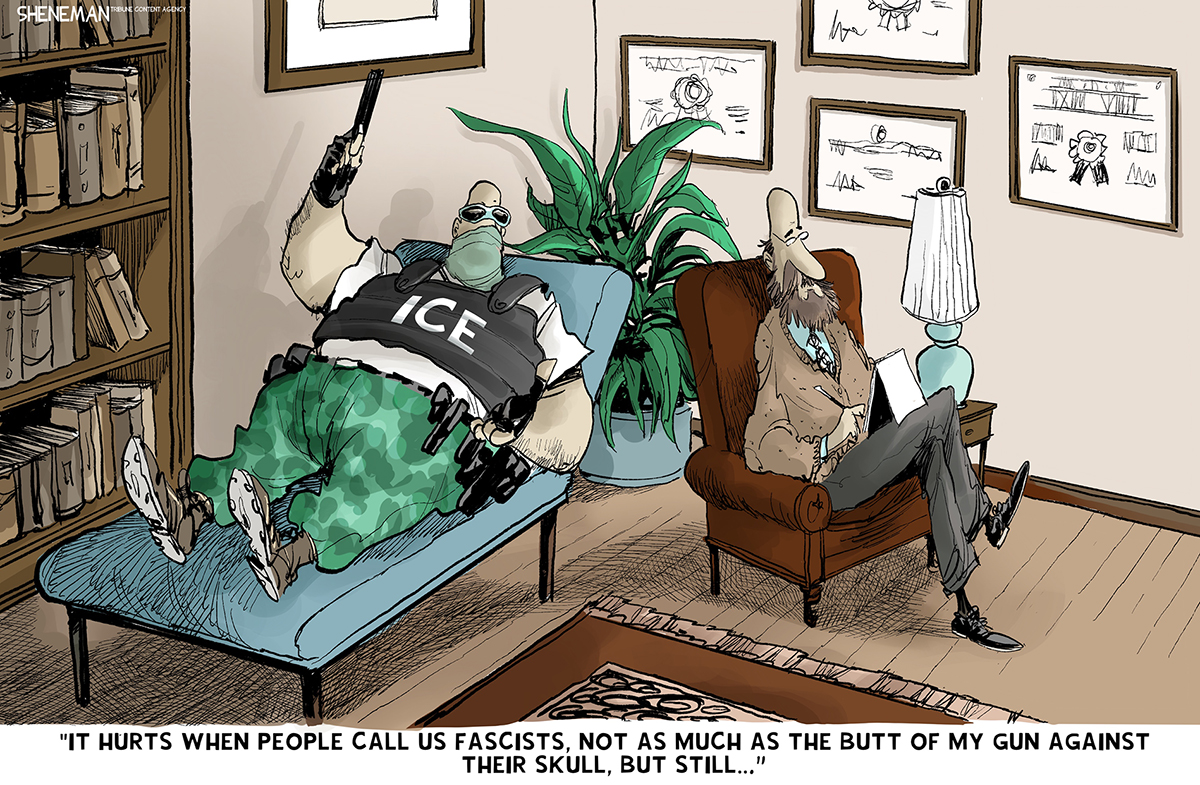 Political cartoons for February 5
Political cartoons for February 5Cartoons Thursday’s political cartoons include sticks and stones, the wake of nationalized elections, and more
-
 Epstein files topple law CEO, roil UK government
Epstein files topple law CEO, roil UK governmentSpeed Read Peter Mandelson, Britain’s former ambassador to the US, is caught up in the scandal
-
 Supreme Court upholds California gerrymander
Supreme Court upholds California gerrymanderSpeed Read The emergency docket order had no dissents from the court
-
 The high street: Britain’s next political battleground?
The high street: Britain’s next political battleground?In the Spotlight Mass closure of shops and influx of organised crime are fuelling voter anger, and offer an opening for Reform UK
-
 Vance’s ‘next move will reveal whether the conservative movement can move past Trump’
Vance’s ‘next move will reveal whether the conservative movement can move past Trump’Instant Opinion Opinion, comment and editorials of the day
-
 What have Trump’s Mar-a-Lago summits achieved?
What have Trump’s Mar-a-Lago summits achieved?Today’s big question Zelenskyy and Netanyahu meet the president in his Palm Beach ‘Winter White House’
-
 Who is paying for Europe’s €90bn Ukraine loan?
Who is paying for Europe’s €90bn Ukraine loan?Today’s Big Question Kyiv secures crucial funding but the EU ‘blinked’ at the chance to strike a bold blow against Russia
-
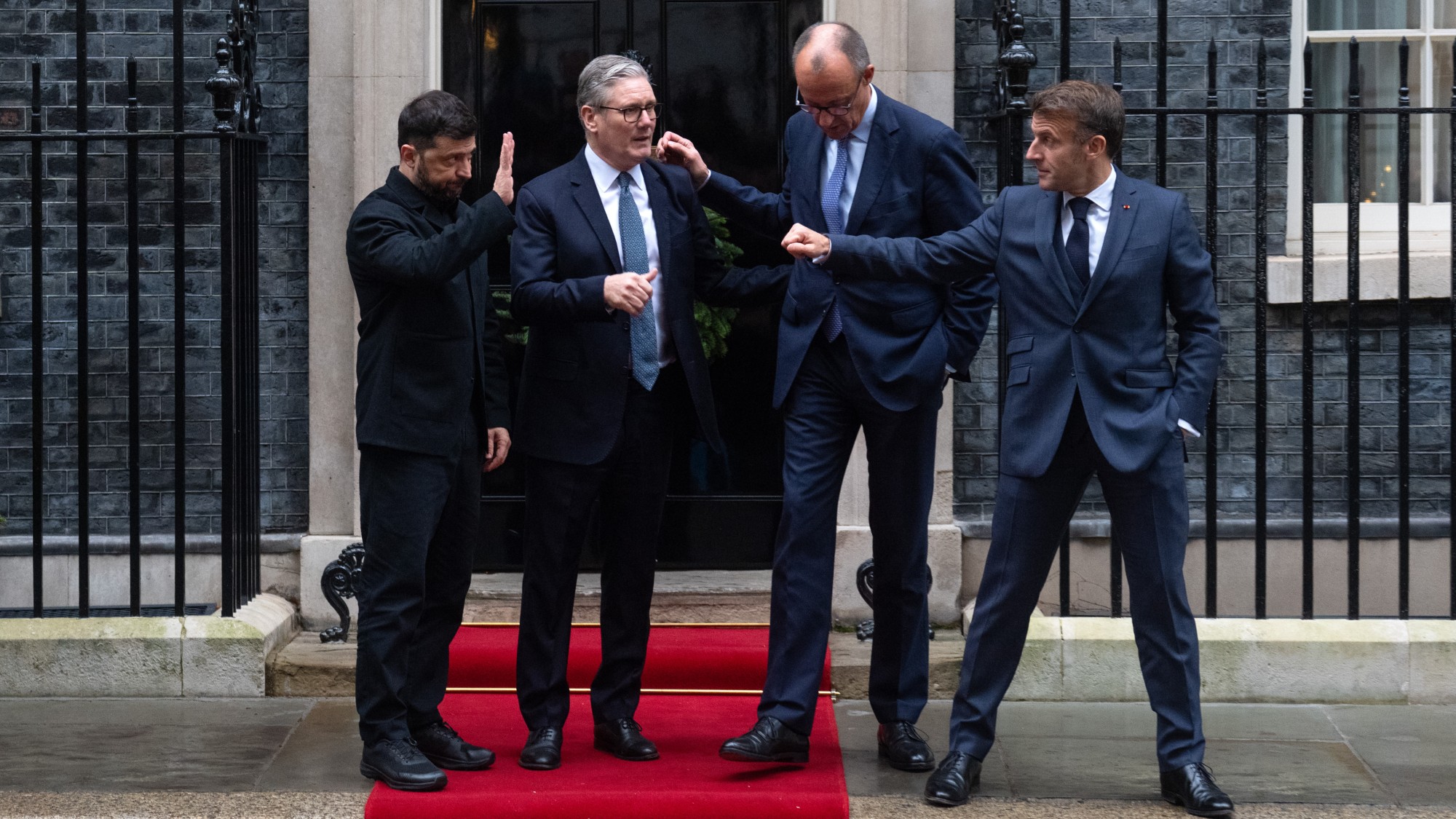 Will there be peace before Christmas in Ukraine?
Will there be peace before Christmas in Ukraine?Today's Big Question Discussions over the weekend could see a unified set of proposals from EU, UK and US to present to Moscow
-
 Is a Reform-Tory pact becoming more likely?
Is a Reform-Tory pact becoming more likely?Today’s Big Question Nigel Farage’s party is ahead in the polls but still falls well short of a Commons majority, while Conservatives are still losing MPs to Reform
-
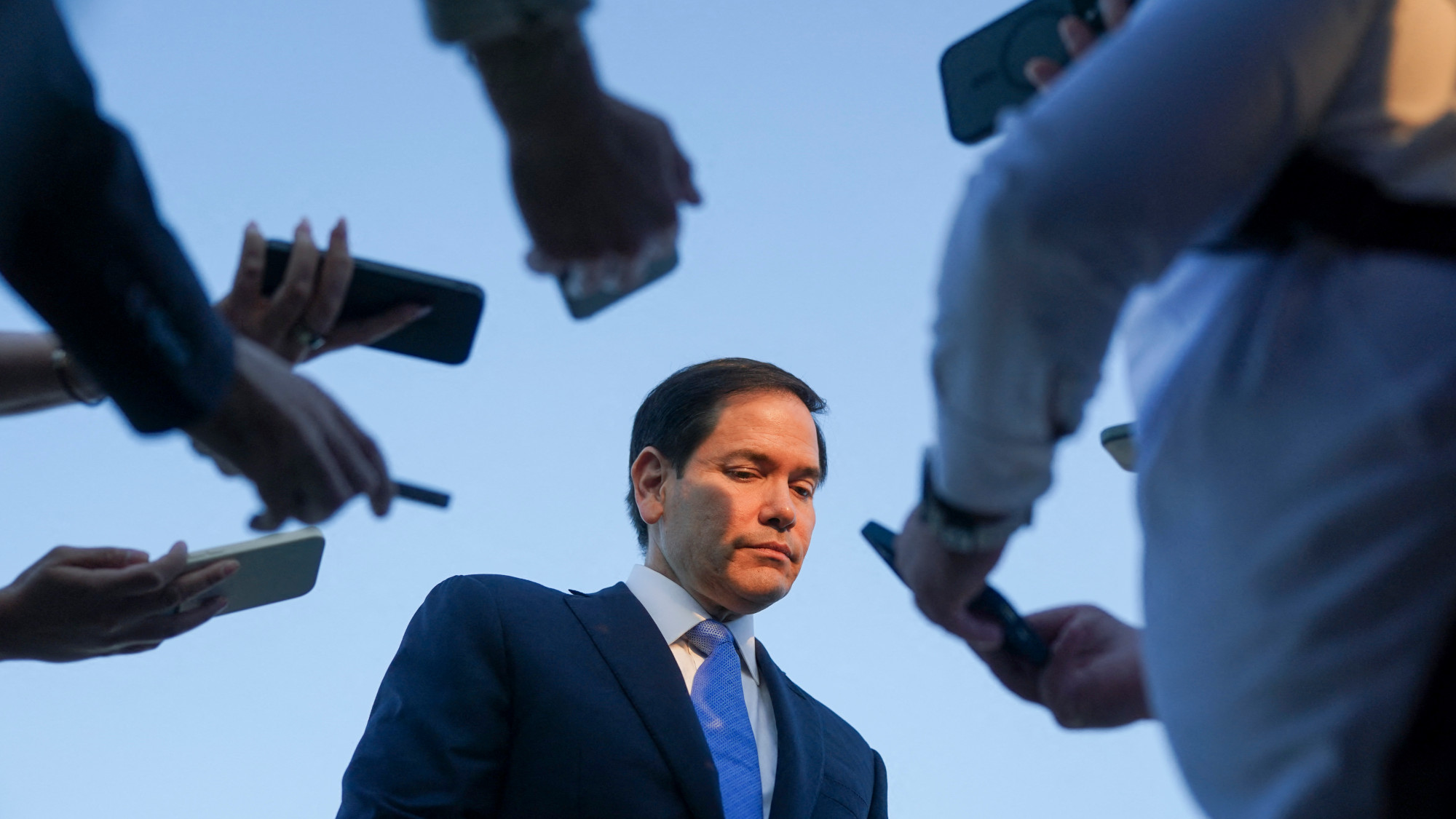 Ukraine and Rubio rewrite Russia’s peace plan
Ukraine and Rubio rewrite Russia’s peace planFeature The only explanation for this confusing series of events is that ‘rival factions’ within the White House fought over the peace plan ‘and made a mess of it’
-
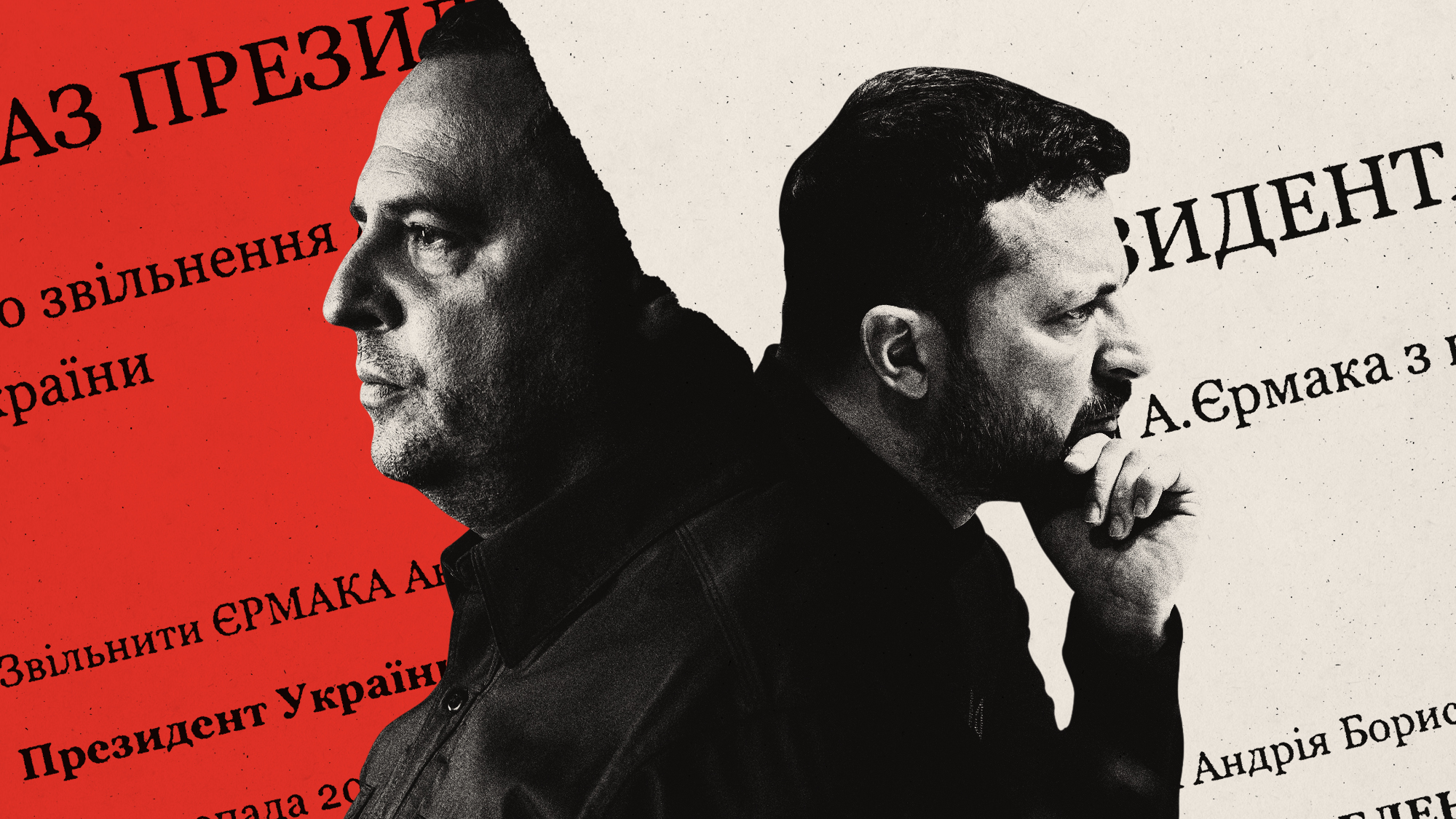 Andriy Yermak: how weak is Zelenskyy without his right-hand man?
Andriy Yermak: how weak is Zelenskyy without his right-hand man?Today's Big Question Resignation of Ukrainian president’s closest ally marks his ‘most politically perilous moment yet’